All apologies
"Our thoughts are the most powerful tools we've got." Jen Sincero, whose work I adore, in You Are a Badass
Here's what happens when I make a mistake, like the one related to this article where I had the quote written three times in my notes correctly, but somehow still wrote "free trade" instead of "fair trade." I apologize, then do what I can to fix it, in this case, letting my editor know and updating my posts about it. But then where I go off the rails is not being able to let it go. In my head, it's not the mistake that's the mistake, it's me who's the mistake. It's all I can think about, and I feel awful for letting down both the publication I'm writing for and the person involved. Then from there I go to: I'm a bad writer, and therefore a bad person, I will never get another assignment from them again, what was I thinking trying to work on such a project, maybe I should just give up on all the other things I'm writing. Okay, maybe not quite that, but I do know that all day, until I finally addressed it directly with my boyfriend when I had to because I was freaking out.
I forget sometimes that mistakes are human, and that when I allow myself, I learn from my mistakes and work as hard as I can not to make the same ones over and over again. Yet there is still that underlying sense that the mistake mars not just whatever it was related to, but that it's this giant black mark on me, that it will stay with me through everything else I do. In this case, it's relatively minor and has now been fixed, but I've made more than my share of mistakes that I've then expanded because I could only see the mistake, taking up more than its fair share of space in my head. I worry it like a loose tooth that always stays on the verge of coming out but never does; it just teeters in that space between almost being gone but holding on.
I'm in the midst of trying to correct/amend/fix a many years long financial mistake and while it's wonderful to be addressing the problem, the fact that it's actually taking many months to even get to the part where I can start digging in to fixing it makes me, once again, feel like a failure, like I will never be rid of this problem and that that means that I shouldn't even bother trying. It's the inertia, and the tying of all my problems into one giant problem that seems to multiply until it overtakes everything else that's the real issue. Because even I'm smart enough to know that it's pretty much guaranteed that I'll keep on making mistakes of one kind or another until I do, but that what I do when faced with them is what matters. I could tell you that I was working too fast or had a cold or any other excuse, but I don't have one. It was an error, and what I can do to avoid such errors in the future is to very minutely go over everything before I turn it in.
If I'd been alone today, I likely would've simply obsessed over this and kept on feeling awful. Instead, I was able to talk to my boyfriend about the various mistakes that feel so overwhelming lately and help make a plan for how to deal with them in the future, how to tackle the ones still pending and, most challenging of all, how to let it go. Sometimes it's much easier for me to see my faults and flaws and fuckups, which feel myriad, than the fact that sometimes I do make mistakes and as long as they are not deliberate or mean-spirited, all I can do is try harder next time, and know that a mistake doesn't negate the other parts of my article or day or life or career.
I hadn't thought of this aspect when I read the chapter in You Are a Badass called "Forgive or Fester," because I was focused on where I have to forgive other people for their flaws rather than hold on to my anger at their misdeeds, but when she writes "Holding onto resentment is like taking poison and waiting for your enemies to die," that can be turned inward just as much as outward. I can't ever expect anyone else to forgive me for my mistakes and imperfections if I don't forgive myself first. The first step she suggests is to "find compassion," and elaborates: "Finding compassion for yourself or someone else who did something so so so so awful is like pulling a bullet out of your arm: You may kick and scream and hate it at first, but, in the long run, it's the only way to start the real healing." I gained a lot of wisdom from her book, but that chapter was perhaps the most eye-opening. It was a wakeup call saying, There is a better way. And now I feel like it's a double gift, because I can apply those actions to myself. I can take responsibility, apologize, recognize that I have no control over what happens after that, and move on and try to be as badass as I can on the next piece, and the next, and the next.
Or as Steve Tobak wrote at Inc.:
Don't wallow in it or lament what could have been. Just pick yourself up, gain whatever wisdom you can from the experience, accept it as the new reality, and go from there. You're still in the band. Play your next note.
Labels: apologies, forgiveness, Jen Sincero, life lessons, mistakes, self help, writing, You Are a Badass






















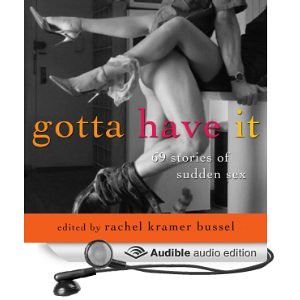
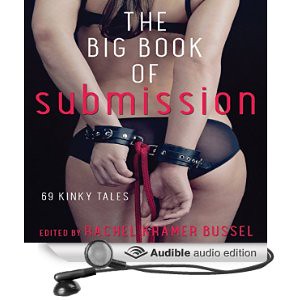 The Big Book of Submission: 69 Kinky Tales
The Big Book of Submission: 69 Kinky Tales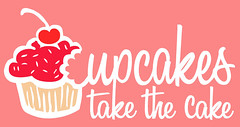
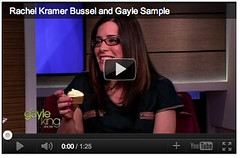

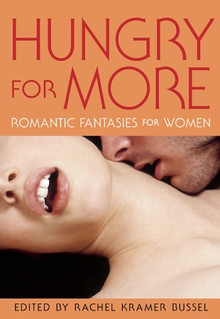
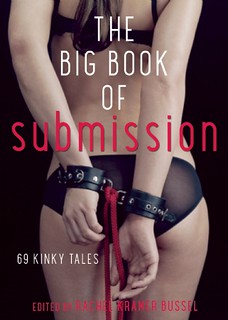
 Flying High: Sexy Stories from the Mile High Club
Flying High: Sexy Stories from the Mile High Club
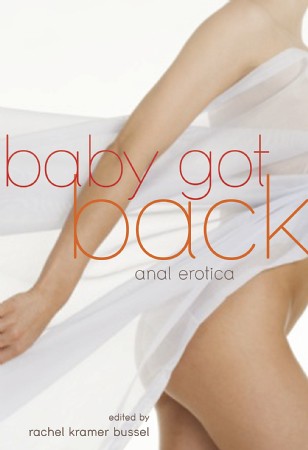















<< Home